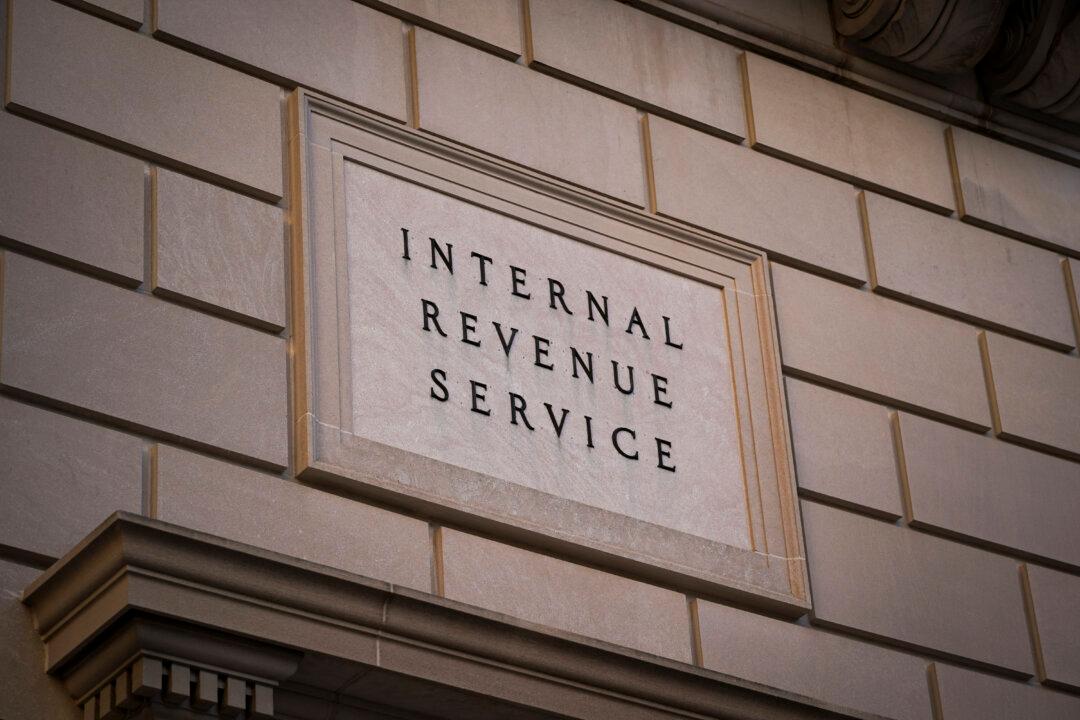The Internal Revenue Service (IRS) has charged an individual for underreporting as well as failing to report his cryptocurrency transactions, the first time the agency has taken legal action on such matters.
On Feb. 6, a federal grand jury indicted a Texas man with filing false tax returns that failed to report his cryptocurrency transactions. In 2017, Frank Richard Ahlgren III from Austin, Texas, sold $3.7 million worth of Bitcoin to buy a residence. In his 2017 tax return, Mr. Ahlgren allegedly inflated the price he paid for Bitcoin, thus underreporting his gain from the sale. In 2018 and 2019, he sold more than $650,000 worth of Bitcoin and allegedly failed to report the transaction in his tax returns. He faces a prison term of up to five years for each count.





